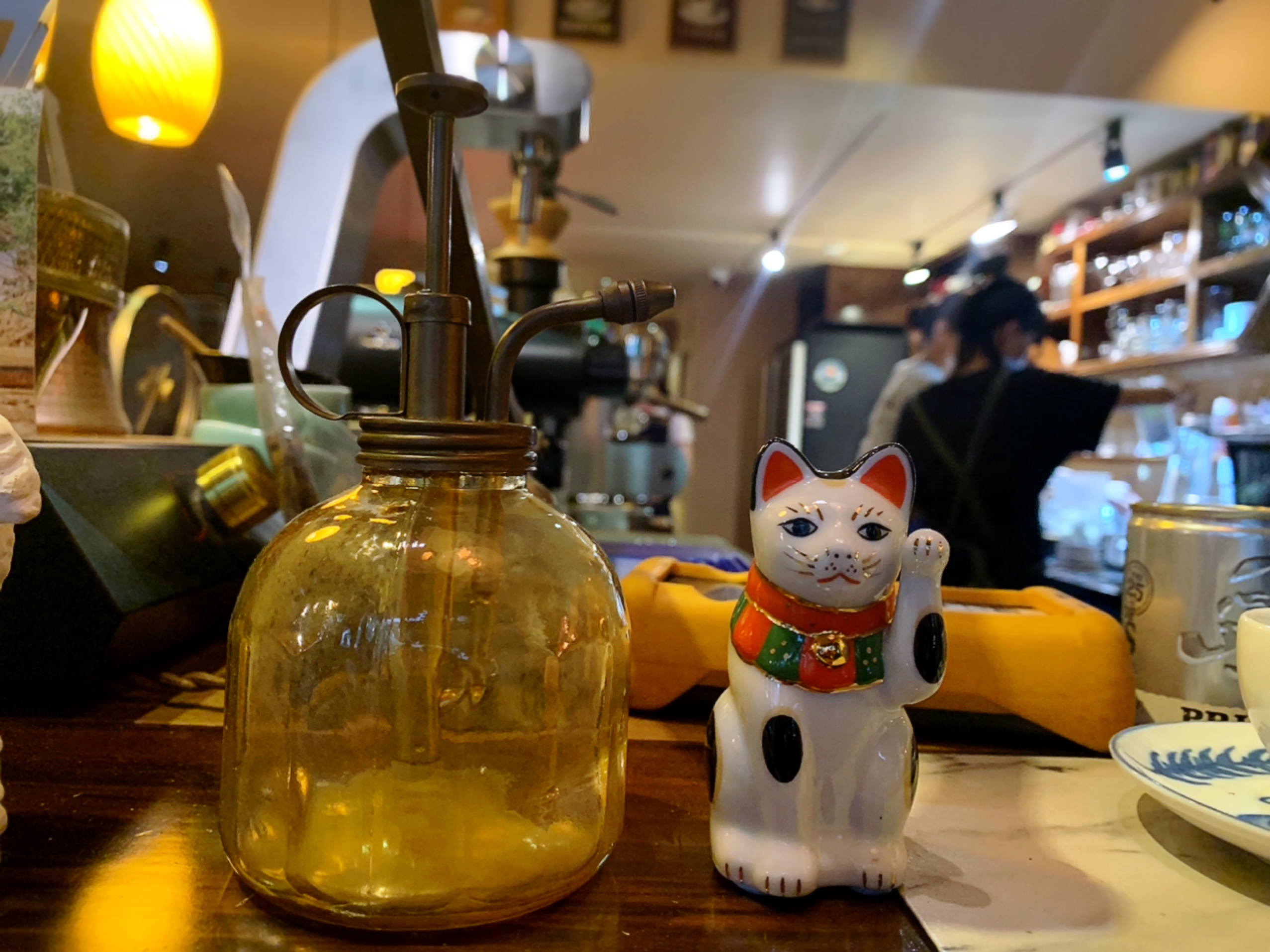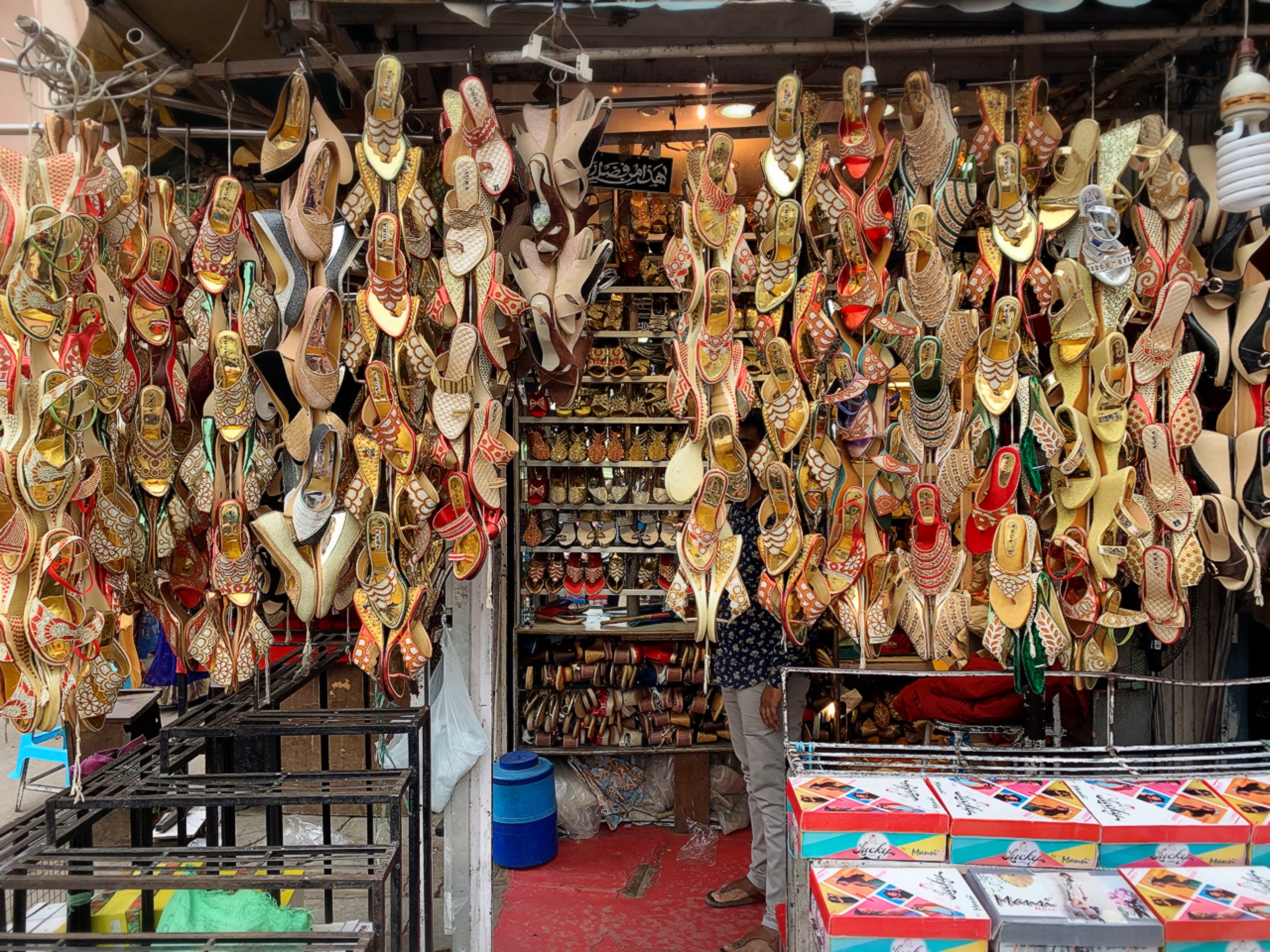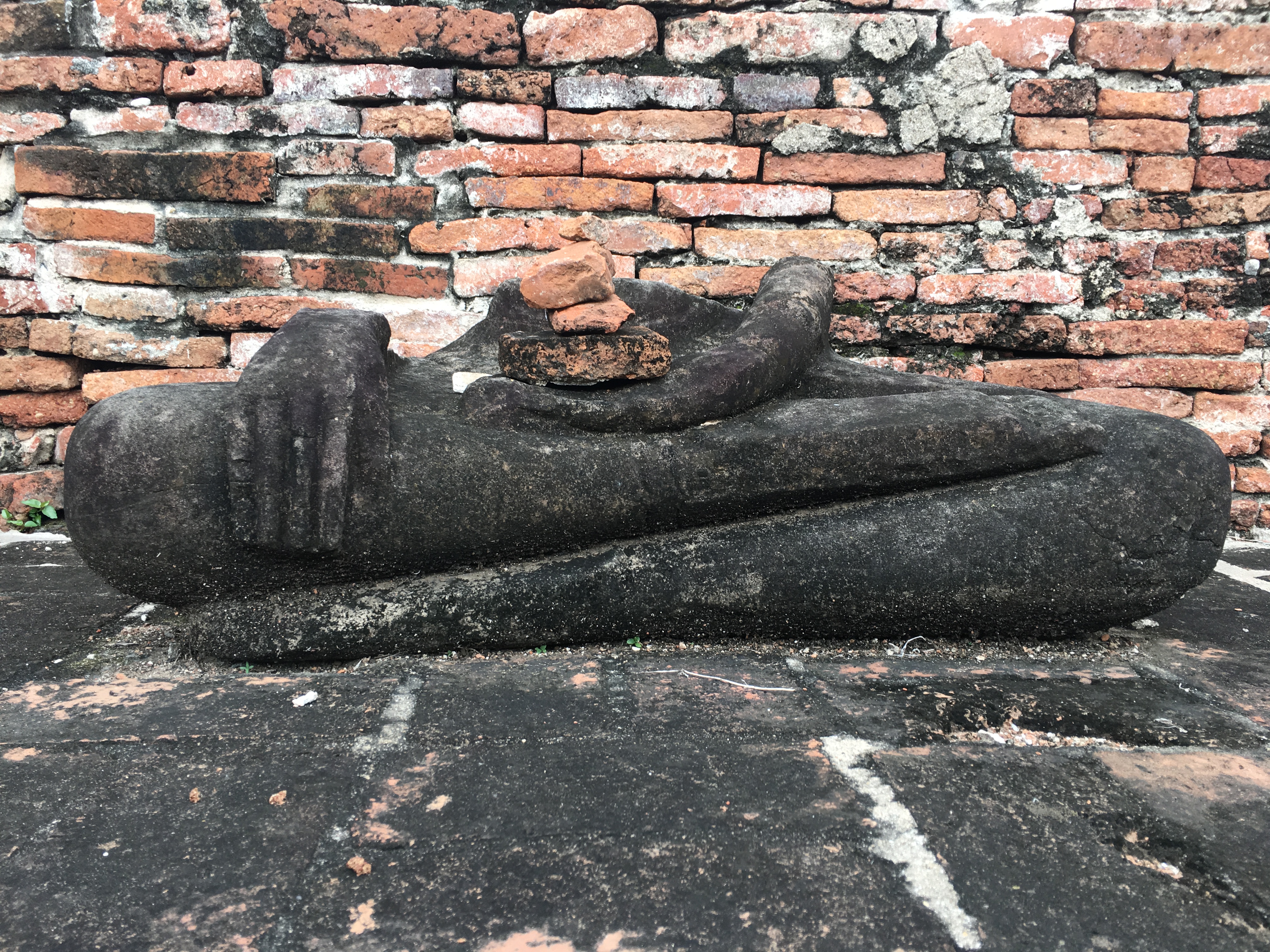
You probably don’t care about my life, but here’s the deal. I’ve had a somewhat tumultuous week professionally, although nothing that ended up being terribly deleterious. I don’t want to say too much about it, but I’ve been feeling frustrated about the limitations of teacher training opportunities in Taiwan for residents like me, despite how much we can help in the face of Taiwan’s push for internationalization.
I have no desire to discuss the details behind this; it’s insider beef that you really don’t need, and might be wrong of me (or at least harmful to me) to divulge.
I've also been feeling more frustrated than usual about Taiwan's naturalization laws. Nothing has changed since the 2007 reforms, opening up a pathway for magical stardusted special and senior foreign professionals, basically saying most foreigners who call Taiwan home -- whether they're white collar like me or blue collar like most immigrants here -- are garbage. Not worth caring about.
Yes, the road to dual nationality may be narrow now, but there's room for it to expand. But I fear it will happen when I'm too old for it to matter. I'm not sure exactly how I will grow old in Taiwan as planned, because I can't get a mortgage and don't have local family, but landlords don't like to rent to the elderly. What am I supposed to do when I'm 80? If the law changes when I'm 60, that's a little too late to fix the problem.
There's something to be said for fighting for something so that the next generation can enjoy fairer access. And yet, recently I've been wondering if this is enough. Wondering why I bother.
With all this in the background, I’ve been trying to blog about politics to get my mind off it. Nothing comes out right, though. I have a few half-finished posts that I might wrap up and publish anyway, or perhaps not. We’ll see. Maybe I just need to not with the politics right now.
Instead, I thought I'd examine something else. I know perfectly well that I'm not actually going to leave Taiwan (which, to be honest, is part of the problem. Maybe I should be more open to doing so). So rather than stewing in my own angry juices over this, perhaps I should talk a bit about why I stay.
People love to ask why I moved to Taiwan. That story isn't very interesting. Studying in India made me want to learn more about Asia in general. I spent a year in China and didn't love it. And yet, I still felt there was a lot for me to learn, and I like the general feel and pace of life in large Asian cities. So, I came to Taipei mostly out of curiosity. I certainly didn't know much about it.
Why I stay, though? Maybe that's worth discussing. I've been here for 18 years now. The pay isn't that good. Career opportunities are middling at best. I do have a fantastic local network, but most of my close family live on the other side of the world. Nobody loves Taipei's weather. My apartment is nice, but apartments in Taiwan generally aren't. There's the ever-looming China threat (though I imitate local residents in living my life as though that's not a thing).
And yet here I am. Still. I've been thinking about this for awhile -- it's easy to rattle off reasons to leave. Any article about the "ghost island" can do that. The more fruitful area to examine is why I stay.
I've identified five very generalized reasons why, despite its faults, Taiwan is the country I chose to call home. These are five things that I think are important for any country I might live in long-term, and Taiwan happens to excel at them.
For my own reflection as much as yours, here they are:
1.) Generally good infrastructure, including (most especially) public transit
Not all of Taiwan has good public transportation, but Taipei does, and it's fairly easy to get to any other town you might want to visit. Getting around that town might be a challenge, but you can always get there. I live in Taipei, though, and this city has some of the best public transit in the world. In general, I appreciate infrastructure that works. That includes buses that run on time, a clean metro system, convenient trains.
Compare that to the US, where the only city that has public transit that comes close to meeting my standards is New York. That also happens to be a city where I couldn't possibly afford to live. I tried living in Washington DC for seven years without a car. People say transit there is good. I say it's a nightmare.
Still, assuming I'd never move back to the US, I could enjoy good public transit in Japan, South Korea, Hong Kong, Singapore. If we're talking inter-city, even Vietnam. Europe, too, but there aren't really good jobs for me there. China, generally, has reasonable public transit. What could knock some of those countries off the list?
2.) An open and democratic government
Well, there goes Singapore, Vietnam and Hong Kong. China is an obvious no-go. I once considered moving to IstanbuI, but I can't get past the importance of a reasonable system of government. I might not have the right to vote, but it's important to me that my local friends do; I would find it very hard to exist as an admittedly privileged American in a country where I could send my ballot back every few years, but locals I knew wouldn't have access to human rights that I consider fundamental.
For myself, well, I like to opinionate. It's important to me to live in a country where I can do so without fear of government retribution.
Beyond that, there's just something depressing about living in an unfree society. You may or may not have access to good journalism. Random bullshit things may be banned. Your friends can't say what they really think; you may not even know what they really think, depending on how severe the repression is.
Being in Taiwan for two -- soon to be three -- presidential handovers, countless protests, a legislative occupation, and all manner of public debates? That may seem unimportant or ineffable to some, but it matters to me. Taiwan's democratic society is a big draw.
South Korea and Japan are democracies too, though. Why not move to one of those?
3.) An acceptable level of gender equality
I'm not saying Taiwan doesn't have sexism and misogyny. Of course it does. The gender pay gap is still above 15%. But, compared to the rest of Asia, I daresay it's doing fairly well.
Brendan has told me stories about Korea, where he would see job ads that openly offered men and women disparate pay for the same work.
I know someone in Japan who once detailed many little ways in which women face discrimination; she once saw a pregnant woman stand up on the train for a salaryman! Discussing why that would happen, locals told her that the pregnant woman has an easier, more restful life while the salaryman is tired from hard work, so of course he should get the seat. I don't know that this happens frequently in Japan, but that it happened at all tells me that it may be a fine country to visit, but it's not a place where I think I'd be very happy living.
Everything from work culture to beauty standards feels so much harsher in those countries. The fact that women make up such a small percentage of the workforce in Japan and are deeply underrepresented in politics are other strikes against it. I'll take the country that elected a woman twice, thanks.
Korea is similar; the gender wage gap there is astounding (Japan is almost as bad). I've enjoyed visiting both countries. As a woman, I want to live somewhere with more equality.
That brings me to my next point.
4.) A high level of public safety
It's not just pay, work, politics and beauty standards. All three countries have very high levels of public safety, including for women. As an American, this matters to me. It wasn't fun growing up in a country where it wasn't safe to be outside alone at night. But Taiwan manages the high public safety with a whole lot less of the ridiculous discrimination.
This matters not just for me, but for my LGBTQ+ friends. South Korea, for instance, is not a very safe place for many people dear to me. Public safety isn't just about whether or not you're likely to get mugged or pick-pocketed. It is also deeply related to who you are. I wouldn't want to live in a country where I might be targeted because I'm a woman, or where my friends might be targeted for being gay, nonbinary or trans.
This, of course, knocks many countries off the list -- including the United States.
I considered adding "a high level of overall development" to this list, because so many of my points are oriented around that. Advanced economies are more likely to have good public transit and safety, higher levels of gender equality and functional democratic governments.
But not always -- the United States fails on most of these counts. Plenty of countries that aren't rich do have democratic governments. Besides, I don't think anyone wants a middle class white lady to prattle on about how she wants to live in an advanced economy. In fact, it's not actually one of the key criteria.
Instead, my fifth point is more specific but is still related to overall development markers.
5.) National! Health! Insurance!
As an American, I cannot express how much this matters to me. I spent the first half of my twenties kinda miserable because I needed to see some doctors, but couldn't afford any of them. My lack of access to affordable health care in the US is directly responsible for the back surgery I needed during my first year in Taiwan.
This really matters! Health insurance alone is enough to make me forsake the US forever.
That said, this point has been bugging me recently, because I'm in the middle of a tooth implant that isn't covered by Taiwan's NHI. All told, it will cost me about NT$87,000. The dentist has been clear that for me, it's a necessity (another one of my crowns is in danger if I don't get a tooth put in next to it). And yet, it's entirely out of pocket.
I think NHI should cover it. After all, it's an absolute necessity for me unless I want to literally be toothless in a few years.
But, all of that aside, I'm grateful that the many times I've needed to see a doctor in this country, that I could actually afford to do so.
I'm still not feeling entirely all right about the state of my life in Taiwan these days. It hurts to want to commit to a place, without seeing a clear future there, especially in old age.
There is another reason I stay, but it's intensely personal: I truly believe in what Taiwan stands for. To me, Taiwan means standing up to a dictatorship that landed on your soil and tried to force you to submit, turning the country instead into a functioning and peaceful democracy. It means refusing to shatter under the constant threats from yet another dictatorship that wants to annex you by any means necessary. It means building one of the more advanced and liberal societies in Asia -- if not the most liberal -- on the back of a tragic and bitter history of colonialism and oppression.
That, to me, is worth fighting for. It's worth staying for. It's not on the list because it's not a specific thing Taiwan has, it's more of a narrative that Taiwan embodies.
It does help, however, to think through the reasons why I've stayed, and run through the possibilities of other countries where I might relocate. None quite hit the five criteria -- gender equality, health insurance, democracy, public transit and public safety -- that Taiwan does. Most countries can be exciting, interesting, historically noteworthy, or absolutely lovely.
But I can't think of another one that actually meets these five benchmarks, all of which are crucial to me. Can you?






